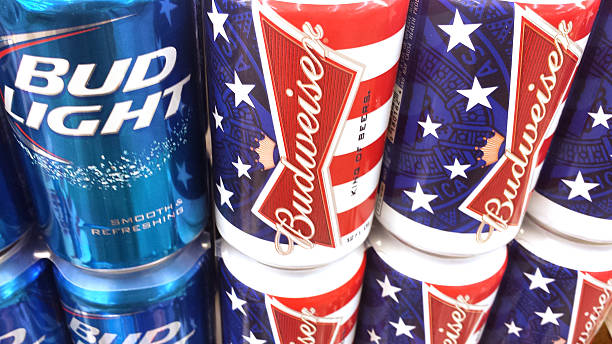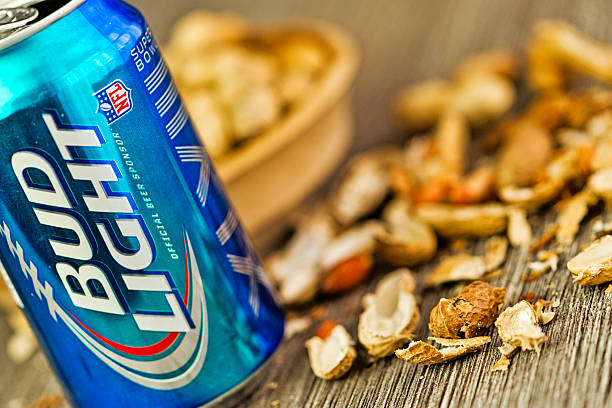Bud Light is a popular brand of beer that is known for its light and refreshing taste. It is a favorite among many beer drinkers, but it is also a source of concern for those who are trying to maintain a healthy diet. One of the main concerns with Bud Light is the number of calories it contains. In this article, we will explore how many calories are in a can of Bud Light and what that means for your diet.
First, it is important to understand what calories are. A calorie is a unit of measurement for energy. The body uses calories as fuel to perform various functions such as breathing, digestion, and movement. When you eat or drink something, the calories in that food or beverage are converted into energy that the body can use.
A standard 12 oz can of Bud Light contains 110 calories. This is significantly lower than many other beers, which can contain upwards of 150 calories or more per serving. This makes Bud Light a popular choice for those who are watching their calorie intake, or for those who simply prefer a lighter beer.
The calorie count of a can of Bud Light comes from the ingredients used in the brewing process. The main ingredients in Bud Light are water, barley, rice, and hops. These ingredients are fermented to create alcohol and carbonation, which gives Bud Light its characteristic taste and bubbly texture.
A can of Bud Light contains 110 calories. This is considered a relatively low number of calories when compared to other types of beer. For example, a can of Budweiser contains 145 calories, while a can of Coors Light contains 102 calories. However, it is important to note that 110 calories is not insignificant. In fact, it is equivalent to the number of calories in a small apple or a handful of almonds.
While 110 calories may not seem like a lot, it is important to consider how many cans of Bud Light you consume in a day or a week. If you drink one can of Bud Light every day, that adds up to 770 calories per week. If you drink two cans of Bud Light every day, that adds up to 1540 calories per week. It is easy to see how the calories can add up quickly if you are not careful.
Additionally, many people tend to drink beer while eating high-calorie foods such as pizza, burgers, or fried chicken. This combination can lead to a high intake of calories, which can contribute to weight gain and other health problems.
It’s also important to note that beer like Bud Light is a source of empty calories, meaning it contains no essential nutrients and can contribute to weight gain if consumed in excess.
So, what can you do if you want to enjoy a can of Bud Light without having to worry about the calories? One solution is to drink Bud Light in moderation. This means limiting yourself to one or two cans per day. Another solution is to choose a light beer that contains fewer calories. For example, a can of Michelob Ultra contains 95 calories, which is 15 calories fewer than a can of Bud Light.
In conclusion, a can of Bud Light contains 110 calories, which may not seem like a lot, but it can add up quickly if you are not careful. If you are trying to maintain a healthy diet, it is important to be mindful of the number of calories in your beer. Drinking Bud Light in moderation or choosing a light beer with fewer calories can help you keep your calorie intake in check. Remember, it’s always important to enjoy your drink in moderation and not to forget the importance of a balanced diet and regular exercise.

 Home
Home Health
Health Diet & Nutrition
Diet & Nutrition Living Well
Living Well More
More












